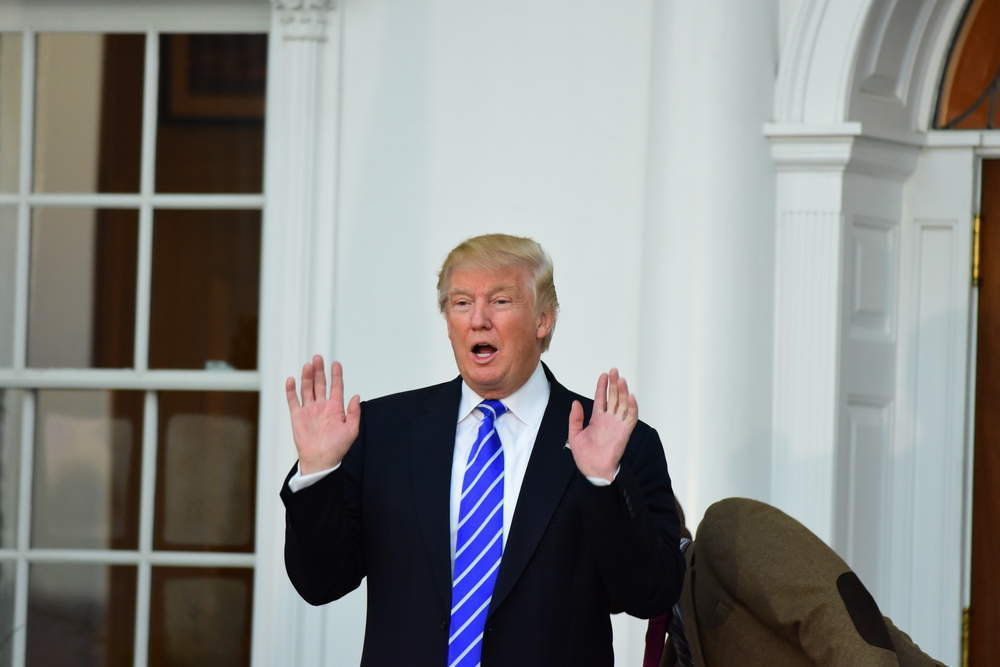
US president Donald Trump will consider reviving a Depression-era law — the Glass-Steagall Act, he told Bloomberg.
The legislation seperated banks, by splitting their consumer and investment operations, but two of its key provisions were repealed in 1999.
“I’m looking at that right now,” Trump said of breaking up banks in a 30-minute Oval Office interview with Bloomberg News. “There’s some people that want to go back to the old system, right? So we’re going to look at that.”
Immediately after Trump’s comments were published, shares of big US banks dropped. JPMorgan Chase, the biggest US bank by assets, saw its shares fall more than one percent in two minutes.
Given his publicly criticism of Dodd-Frank, the landmark financial regulatory act which came into force after the 2008 recession, it is not surprising that Trump could reinstate Glass-Steagall.
Earlier this month, Gary Cohn, the former Goldman Sachs executive who is the head of Trump’s National Economic Council (NEC) told a group of senators that he’s open to the Glass-Steagall Act.
How well do you really know your competitors?
Access the most comprehensive Company Profiles on the market, powered by GlobalData. Save hours of research. Gain competitive edge.

Thank you!
Your download email will arrive shortly
Not ready to buy yet? Download a free sample
We are confident about the unique quality of our Company Profiles. However, we want you to make the most beneficial decision for your business, so we offer a free sample that you can download by submitting the below form
By GlobalDataHowever, broader support in Congress to do so is limited.
Only one Republican in the Senate, John McCain of Arizona, endorsed a proposal by Democrat senator Elizabeth Warren of Massachusetts to bring back Glass-Steagall.
Former US presidential hopeful Bernie Sanders went so far as to blame the repeal of Glass-Steagall for the 2008 financial crisis.
The American Bankers Association and other financial experts disagree.
“There is broad agreement, including among all our bank regulatory agencies, that Glass-Steagall would not have prevented the crisis or the housing market collapse,” association president Rob Nichols said in a statement.
George Selgin is the director at the Center for Monetary and Financial Alternatives at the Cato Institute, a Washington-based libertarian think tank.
“There’s not a single thing in the rollback of Glass-Steagall that led to banks getting in trouble. Not a thing. It is quite a myth,” Selgin told Verdict. “All the bank failures were based on things that would have still been legal if Glass-Steagall remained fully intact.”
Larry McDonald, the author of A Colossal Failure of Common Sense, a book about the collapse of Lehman Brothers told the BBC that Trump’s potential reinstatement of Glass-Steagall is a way to appeal to his base.
“The average little guy loves to hear this, so he’s going to score points with his base and it may not hurt him politically at all because it may not get done,” he said.
White House spokesman Sean Spicer said there were currently no further details regarding US banking regulations and no announcement was planned.







